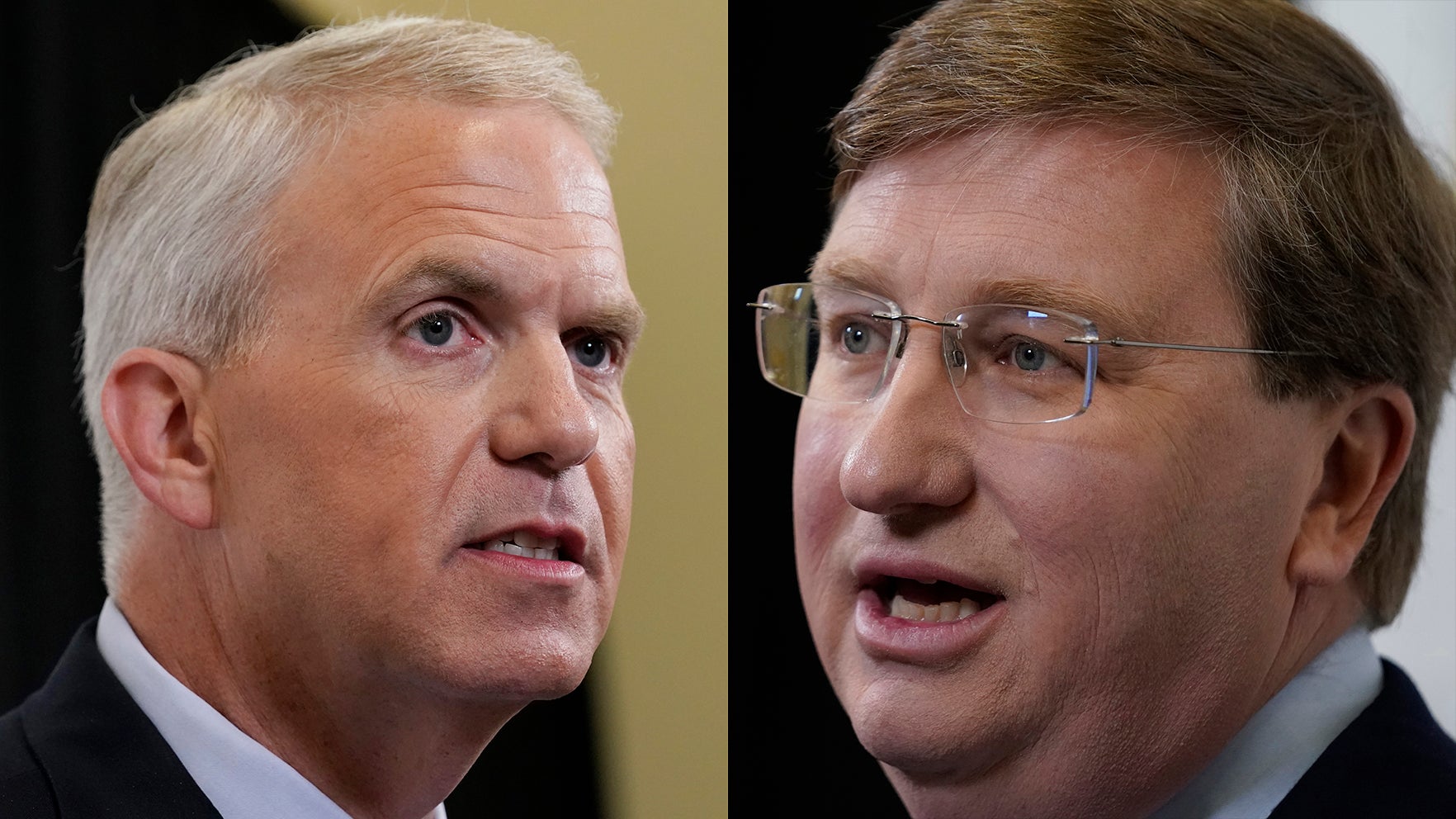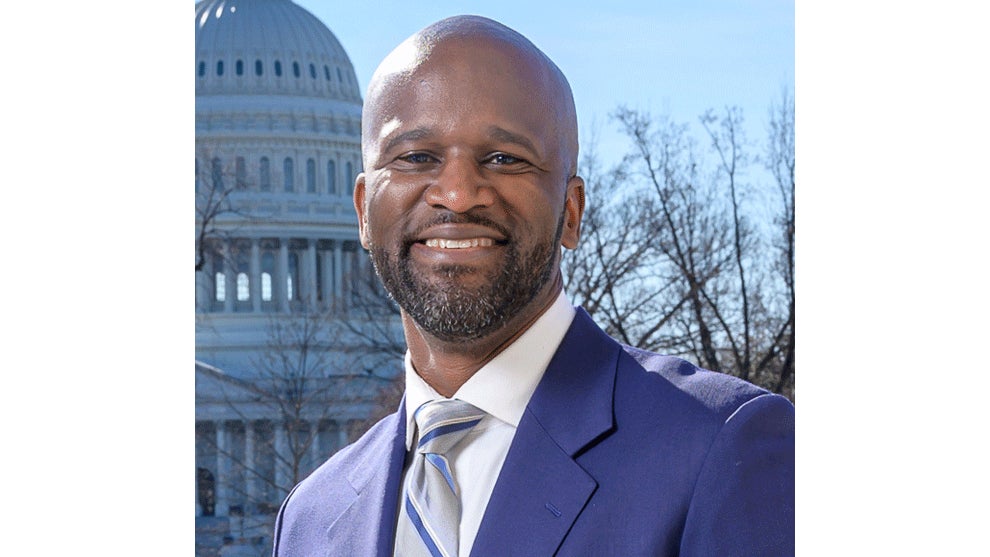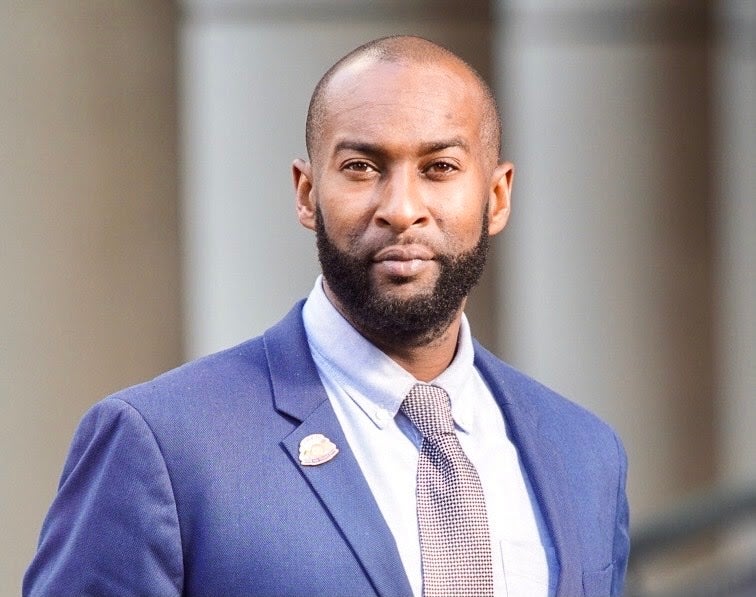“If we call a special session only to fight for three or four days, we’ve wasted a lot of time,” Bryant said Thursday.
Republican leaders in the House and Senate said months ago that they want to rewrite the school funding formula. They hired a nonprofit consulting group called EdBuild, which made recommendations, but lawmakers haven’t publicly revealed a proposal.
House Speaker Philip Gunn, R-Clinton, said Tuesday that legislators won’t stick to regular-session budget deadlines to deal with education spending.
Gunn said Bryant could call a special session during the regular session for two bills. One would rewrite the school funding formula. The other would put money into it.
House Appropriations Committee Chairman John Read, R-Gautier, said Wednesday that any proposal would be released for scrutiny “several days” before lawmakers act, allowing outside scrutiny
“You want people to ask questions,” Read said.
Bryant also said he wants the public to have a chance to review any proposed funding formula before it comes up for a vote.
“I think that is the goal of the leadership here in the Legislature — make sure everyone has the time to review it and there’s no surprises,” Bryant said.
Read pledged no district would get less under a new formula in the first two years than it gets now. He also promised a budget bill would be in place before the scheduled end of the regular session in early April. School districts typically sign contracts with teachers for the upcoming year in April, meaning superintendents need to know how much money will be available.
Associated Press calculations show EdBuild’s original recommendations would increase state spending by about $70 million, with local districts required to kick in an additional $120 million.
Lawmakers embraced most of the proposal, but many rejected increased local contributions, which could force about 30 districts to raise taxes or cut spending. Read and Senate Education Committee Chairman Gray Tollison, R-Oxford, have both said any new formula won’t raise a district’s share above the current 27 percent.
Estimates by The Associated Press show it would cost the state roughly $145 million more than it spends now if lawmakers adopt all other EdBuild recommendations without requiring more local tax money. That’s within about $25 million of the full amount demanded by law under the current formula, the Mississippi Adequate Education Program, which lawmakers have only completely funded twice in 20 years. Keeping the 27 percent rule also means a new formula would redistribute less money to property-poor districts.





